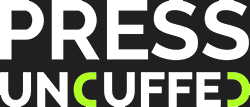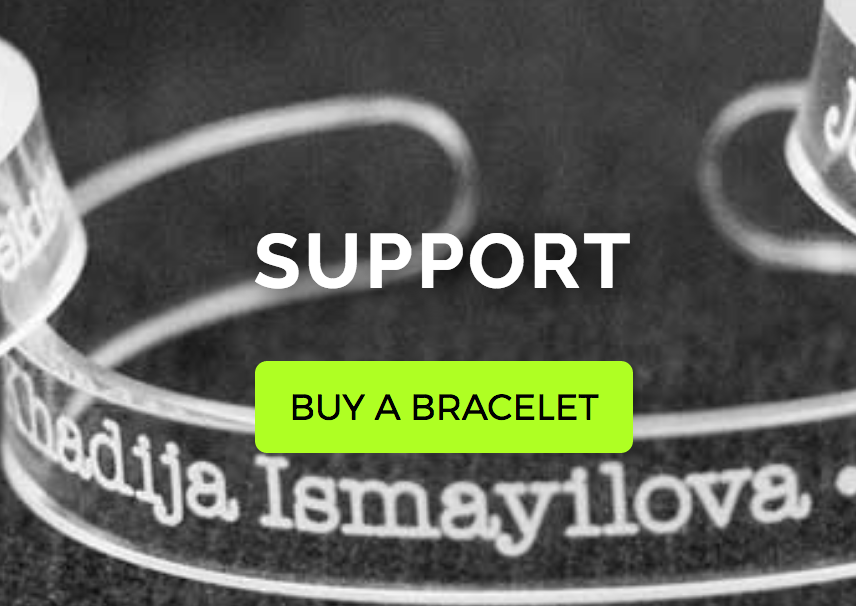Footnotes
Use footnotes for:
-All information used to describe an event or moment from someone else’s reporting, i.e, other newspapers, websites, journals, advocacy group.
-All descriptive information you obtained from email, phone or in-person interviews
-All information used to describe a country’s larger press freedom and political back story.
-All information used to describe the U.S.-Country X relationship.
For the four examples above, summarize the sources, i.e., “according to U.S. press freedom watchdog organizations” or “experts in X country” or “U.S. press freedom reports.”
–Use “according to” in the story to quote someone or to summarize important press freedom touchstones such as “country X is the second largest jailer of journalists,” according to the Committee to Protect Journalists’ annual incarceration research and data.
-For interviews you conducted, be specific and use the following on first refererence: “, according to an interview with Capital News Service” or “according to an email response to questions from Capital New Service.”
-In the second reference, say, “he/she told CNS.” Or “he/she told CNS in an email.”
Footnotes should include what type of interview was conducted (phone, in-person, email, other social media); interview date; link to the transcript, which you should also provide for the final paper
Transcripts: you don’t need to provide the entire transcript of the interview, only the question and then the answer to the question. In other words, provide several sentences of context for the quote.
Campaign
About this Site
Pressuncuffed.org seeks to encourage and promote rigorous student reporting, scholarly research and debate on the role of, and obstacles to, independent journalism in the United States and abroad. Our website features reporting by University of Maryland students about press freedom in the United States and abroad. It also offers resources to instructors elsewhere who may want to teach classes or hold workshops on this theme. In the near future, this site will become a place for student work from around the country and abroad.
Dana Priest, two-time Pulitzer Prize winner at The Washington Post and Knight Chair in Public Affairs Journalism at the University of Maryland.


